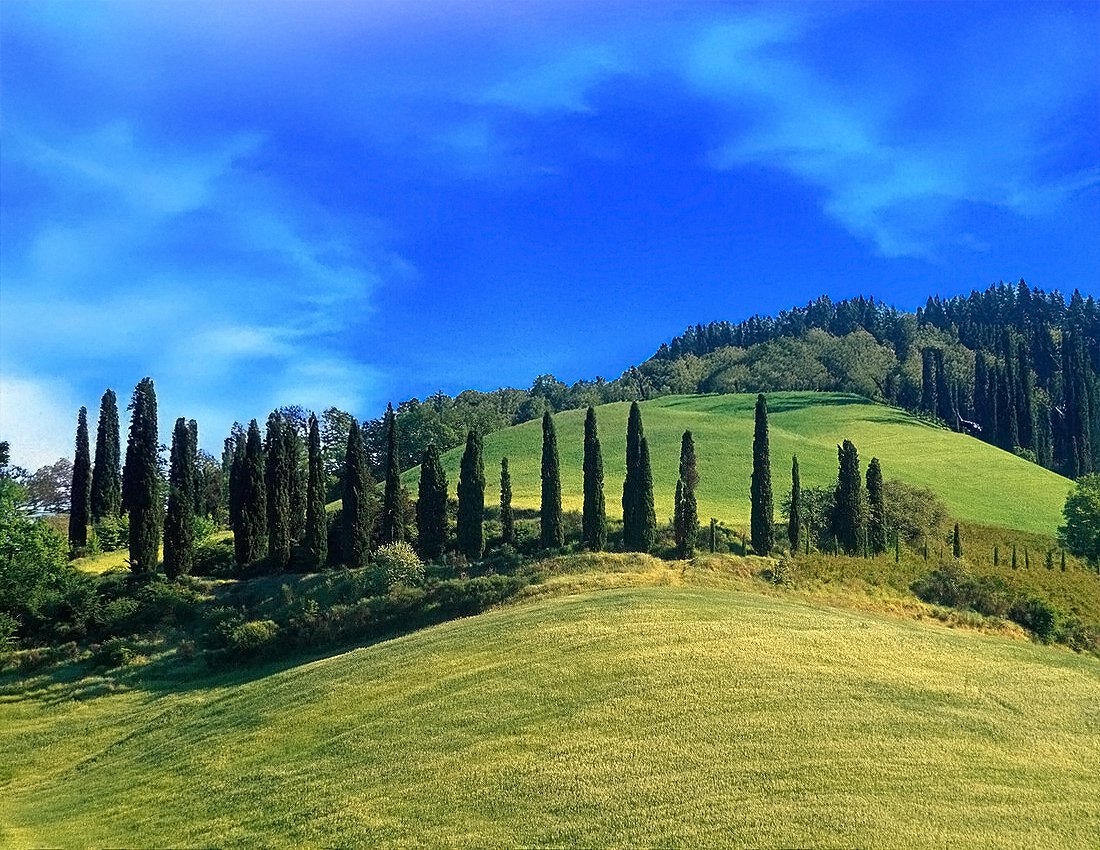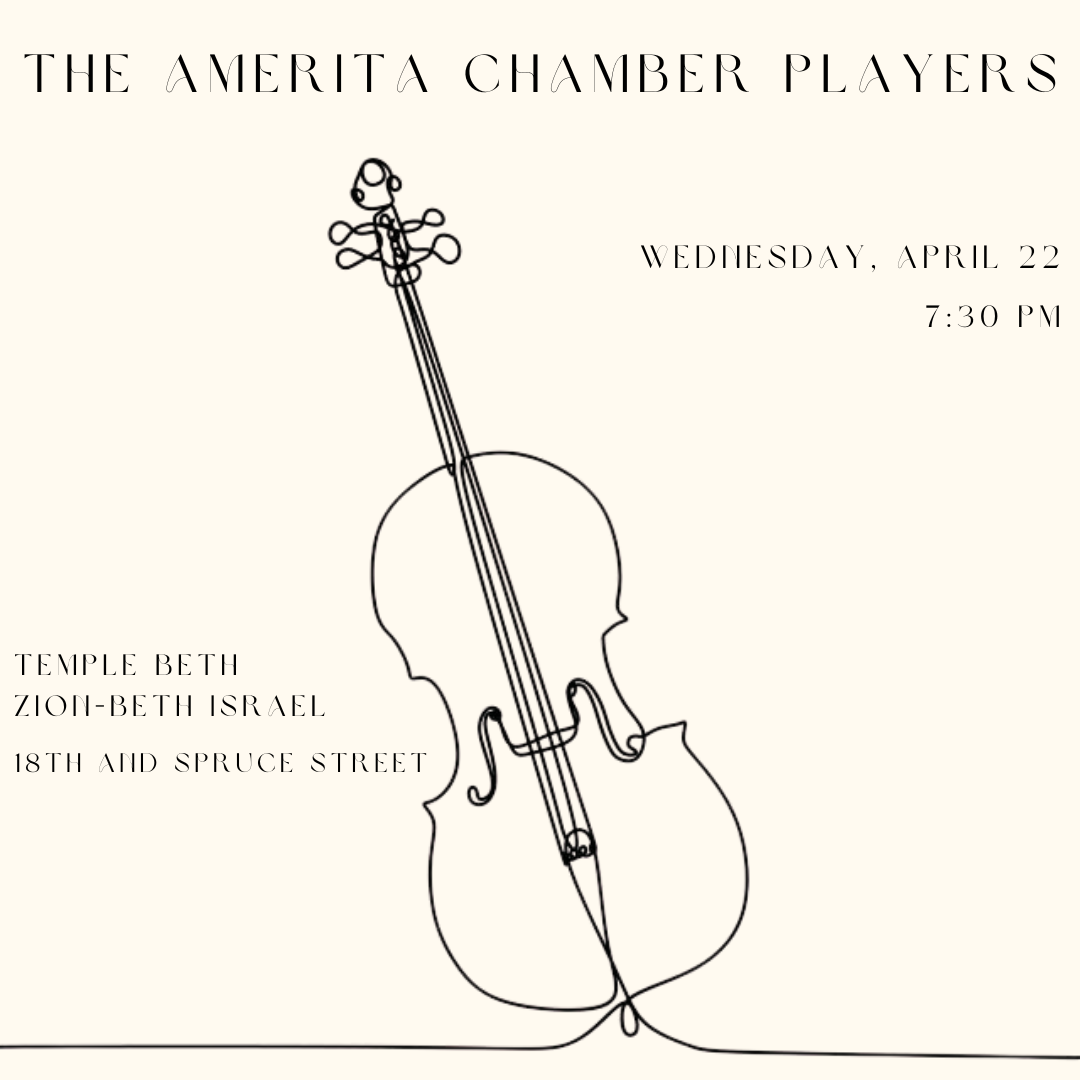
The America-Italy Society of Philadelphia
presents
The Amerita Chamber Players Concerts Series
69th Season 2025-2026
October 22, 2025
December 3rd, 2025
April 22nd, 2026
at Temple Beth Zion-Beth Israel
300 S 18th St, Philadelphia, PA 19103
7:30 pm
December 3rd, 2025
Un Omaggio ai due Luigi
Nancy Bean, violin
Glenn Fischbach, violoncello
Joyce Chen, harpsichord
PROGRAM
Luigi Boccherini Trio in C Major
Bernardo Storace Harpsichord solo
Tommasso Giordani Duetto in D Major
Antonio Vivaldi Cello Sonata in A Minor, RV 43
Pietro Locatelli Violin Sonata, Op. 6, No. 5
These concerts are offered free of charge, and this is made possible by the generous bequest of John Price, longtime president of AIS and a passionate lover of Italian Baroque music.
Voluntary contributions help the Society sustain the high quality of the Amerita Chamber Players performances. Please consider supporting this free concert series. Donations are tax-deductible and can be made through the button below or by sending a check payable to the America-Italy Society at 230 S. Broad St. Suite 1105, Philadelphia, PA 19102.
SPONSOR a MUSICIAN or a CONCERT
This year, named giving opportunities are also available. Your name will appear in the program and be announced from the podium.
Sponsor a musician for a concert $550.00
Sponsor a musician for the season $1,650.00
Sponsor a concert $6,500.00
Sponsor a season $20.000.00
Your support is greatly appreciated. Thank you.
Please call 215 735 3250 or write to info@aisphila.org
“The America-Italy Society is dedicated to fostering connections between the United States and Italy through language, educational programs, arts, cultural exchange and community engagement”
Newsletter Sign-up
Sign up with your email address to receive news and updates:




